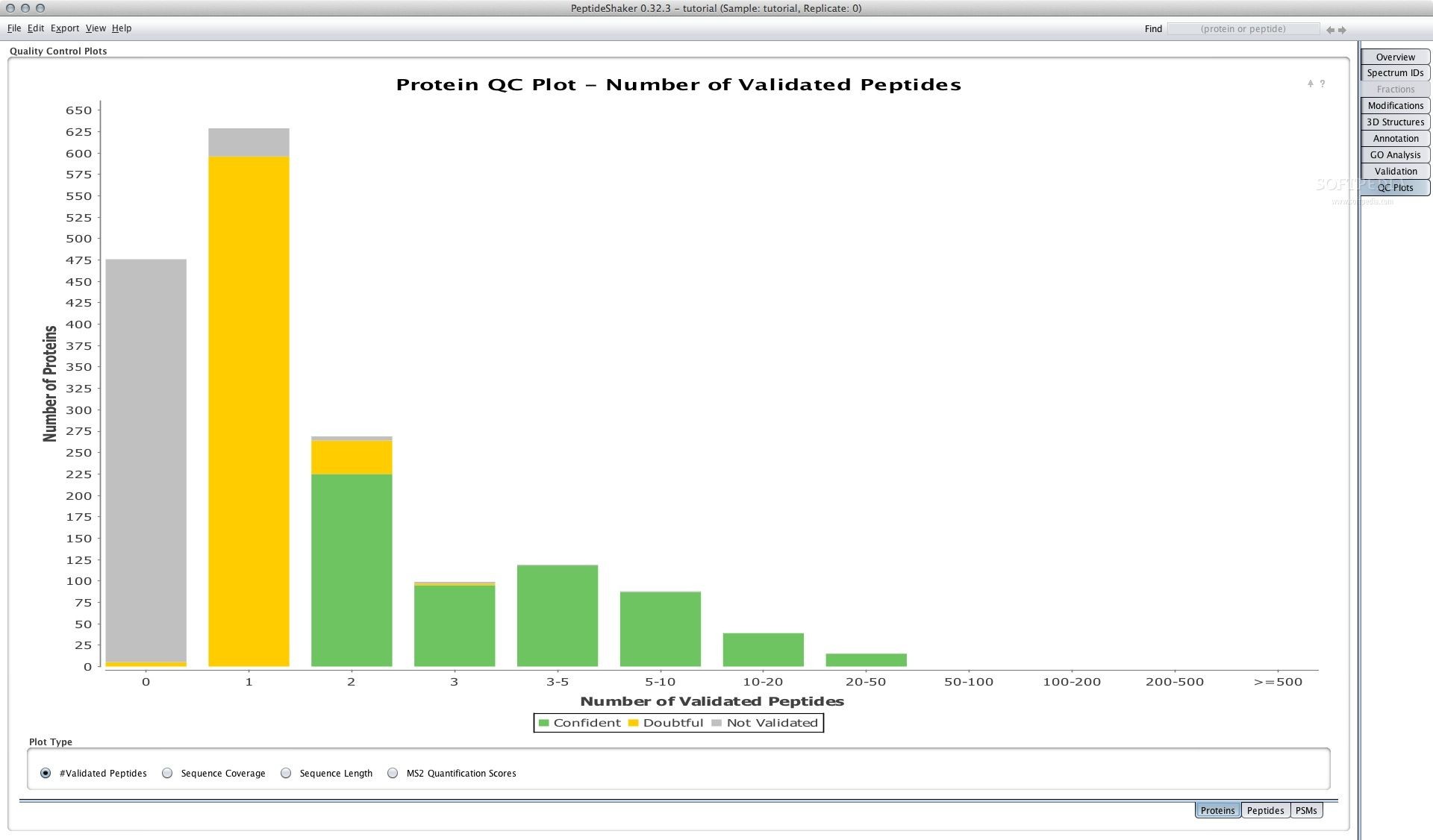

We used both FF and FFPE tissues to investigate what difference could be found in protein detection between tissue storage types ( Figure 1). Our ambition was to develop fast and robust sample preparation for 4 μm thick human kidney biopsy tissues, ideally FFPE. In this study, we analyzed biopsy-size tissue sections, which are 4 μm thick and are routinely used by pathologists world-wide. However, progress and new knowledge has grown in recent years as a number of studies have detailed the potential impact of the FFPE preservation procedure with respect to the discoverable proteome. Chemical modifications of proteins add difficulty to achieving excellent protein recovery from FFPE tissues, as the scope of number of modifications are poorly described. However, due to chemical reactions that take place following formaldehyde induced cross-linking and over time during preservation, intra- and intermolecular interactions within the tissue and protein matrices occur. Formalin fixation and paraffin-embedding has been a standard method used for preservation of the tissues and recently FFPE tissues have also been used to reveal cancer biomarkers, analysis of glycoproteomes with MS in cancer, and genetics. After removal from the patients, tissues are stored as either formalin-fixed paraffin-embedded (FFPE) or fresh frozen (FF) tissues, often in optimal cutting temperature (OCT) medium. In the emerging field of tissue proteomics, biopsies and sections from organs are being used to convert solid tissues to molecular and digital information. Moreover, we found that temperature increases during incubation with urea on 4 μm thick FF tissue revealed a decrease in the number of identified proteins and increase in the number of the carbamylated peptides. Surprisingly, PPS-containing buffer showed good extraction of the proteins from 4 μm thick FFPE tissue with the average of 270 protein identifications (1 mm 2), similar to the results on 4 μm thick FF. We evaluated sensitivity and repeatability of the methods and found that the protocol containing Rapigest enabled detection of 630 proteins from FF tissue of 1 mm 2 and 15 μm thick, whereas 498 and 297 proteins were detected with the protocols containing ProteaseMax and PPS, respectively. Methods were applied on 4 and 15 μm thick FF tissues, and 4 μm thick FFPE tissues.

Here, we describe development of several protocols incorporating mass spectrometry compatible detergents, including Rapigest, PPS, and ProteaseMax. An important goal is to achieve adequate and consistent protein recovery across and within large-scale studies. One objective is to complement current diagnostic methods with new specific molecular information. Reshake PRIDE: re-analyze public datasets in PRIDE as if they were your own.Īll data can also easily be exported for follow up analysis in other tools.The application of proteomics to fresh frozen (FF) and formalin-fixed paraffin-embedded (FFPE) human tissues is an important development spurred on by requests from stakeholder groups in clinical fields.QC Plots: examine the quality of the results with Quality Control plots.Validation: inspect and fine tune the validation process.GO Enrichment: perform GO enrichment and find enriched GO terms in your dataset.3D Structure: map the detected peptides and modifications onto corresponding PDB structures.Modifications: get a detailed view of the post-translational modifications in the dataset.Fractions: inspect from which fractions proteins and peptides are likely to come from.Spectrum IDs: compare the search engine performance and see how the search engine results are combined.Overview: get a simple yet detailed overview of all the proteins, peptides and PSMs in your dataset.PeptideShaker currently supports nine different analysis tasks: By combining the results from multiple search engines, while re-calculating PTM localization scores and redoing the protein inference, PeptideShaker attempts to give you the best possible understanding of your proteomics data! PeptideShaker is a search engine independent platform for interpretation of proteomics identification results from multiple search engines, currently supporting X!Tandem, MS-GF+, MS Amanda, OMSSA, MyriMatch, Comet, Tide, Mascot, Andromeda and mzIdentML.


 0 kommentar(er)
0 kommentar(er)
